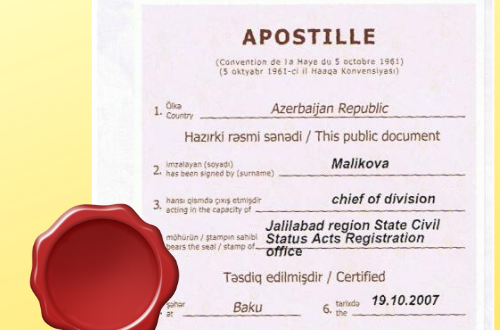Revealing the Essential Duty of Apostille in Simplifying International File Recognition Procedures
In the world of worldwide events, the recognition of files holds vital significance. By attaching an apostille to a record, it undertakes a streamlined recognition that is recognized throughout many countries, hence reducing the worries linked with cross-border paper authentication.
Comprehending Apostille Fundamentals
In the realm of file recognition for international usage, grasping the essential concepts of apostille verification is important. An apostille is a customized certificate that confirms the authenticity of a paper for usage in international nations that are component of the Hague Apostille Convention.
Apostilles are generally provided for vital documents such as birth certifications, marital relationship certificates, and scholastic transcripts. The crucial components of an apostille consist of the name of the nation where it was issued, the name of the individual authorizing the document, the capacity in which the individual authorized the document, the seal or stamp of the providing authority, and the day of issuance. By recognizing these fundamental elements of apostille verification, companies and individuals can browse the complexities of global document recognition with self-confidence and performance.
Benefits of Apostille for Validation

Moreover, the apostille streamlines the verification process by offering a standardized certification that validates the authenticity of the document, such as birth certifications, marriage licenses, notarized actions, and academic transcripts. This standardized layout lowers the risk of rejection due to strangeness with foreign documents, hence improving the performance of cross-border purchases.
Additionally, the apostille assists in eliminating the requirement for several layers of verification by government authorities, as the apostille itself symbolizes the document's validity. This not just increases the paper validation process but additionally lowers the associated prices and bureaucratic hurdles, making it a affordable and practical option for people and organizations taking part in international activities.
Simplifying Cross-Border File Authentication
Streamlining cross-border paper verification, the apostille gets rid of the need for usually difficult and prolonged validation procedures normally called for when providing files in foreign nations. By affixing an apostille to a document, the issuing nation licenses the authenticity of the file, making it conveniently acceptable in various other nations that are part of the Hague Apostille Convention.
In addition, the apostille system boosts the safety and security and credibility of cross-border document recognition by giving a clear and internationally accepted device for verifying the validity of files. This simplification of authentication processes not only advantages individuals and businesses seeking see this site to run internationally yet likewise promotes smoother interaction and collaboration in between countries by ensuring the reliability of common documents.
Significance of Apostille in Legalization

Apostille makes sure that legal files such as birth certifications, marriage certificates, powers of attorney, and court papers are recognized and approved in foreign jurisdictions. The apostille process minimizes the lengthy procedures and bureaucratic obstacles commonly linked with paper legalization, making worldwide transactions much more effective and legitimately binding.
Apostille Vs. Traditional Validation Approaches
Contrasting apostille with conventional recognition methods discloses distinct distinctions in the effectiveness and simplicity of paper verification processes for worldwide use. Apostille, as a standard and structured wikipedia reference approach developed by the Hague Convention, uses an extra simple strategy to validating documents contrasted to conventional methods. Typical validation procedures usually include several actions, consisting of notarization, accreditation by federal government authorities, and consular legalization, which can be my site lengthy and troublesome.
Apostille, on the various other hand, simplifies this procedure by certifying papers with a single apostille certificate issued by a qualified authority in the nation where the record comes from (Houston TX Apostille). This certification is acknowledged by all member nations of the Hague Convention, eliminating the need for additional consular office legalisation. Consequently, apostille dramatically lowers the time and effort needed for document recognition, making it a preferred option for organizations and people associated with international transactions
Conclusion
Finally, apostille plays a vital role in streamlining worldwide document recognition procedures by providing a standard approach of verification that is identified across getting involved countries. By streamlining the legalization process, apostille eliminates the requirement for multiple layers of recognition, minimizing time and prices related to cross-border document authentication. This effective system advantages people and organizations seeking to use international documents for lawful purposes, making certain smoother worldwide purchases.
By fastening an apostille to a file, it undergoes a streamlined validation that is recognized across many nations, hence alleviating the burdens linked with cross-border document verification. Simplifying cross-border document verification, the apostille eliminates the requirement for lengthy and typically complex recognition treatments generally called for when offering papers in foreign nations. By attaching an apostille to a file, the issuing country licenses the credibility of the file, making it readily appropriate in other nations that are component of the Hague Apostille Convention. By affixing an apostille to a document, the providing country licenses the authenticity of the signature, seal, or stamp on the record, making it valid for use in an additional participant country of the Hague Apostille Convention without the demand for further legalisation.
